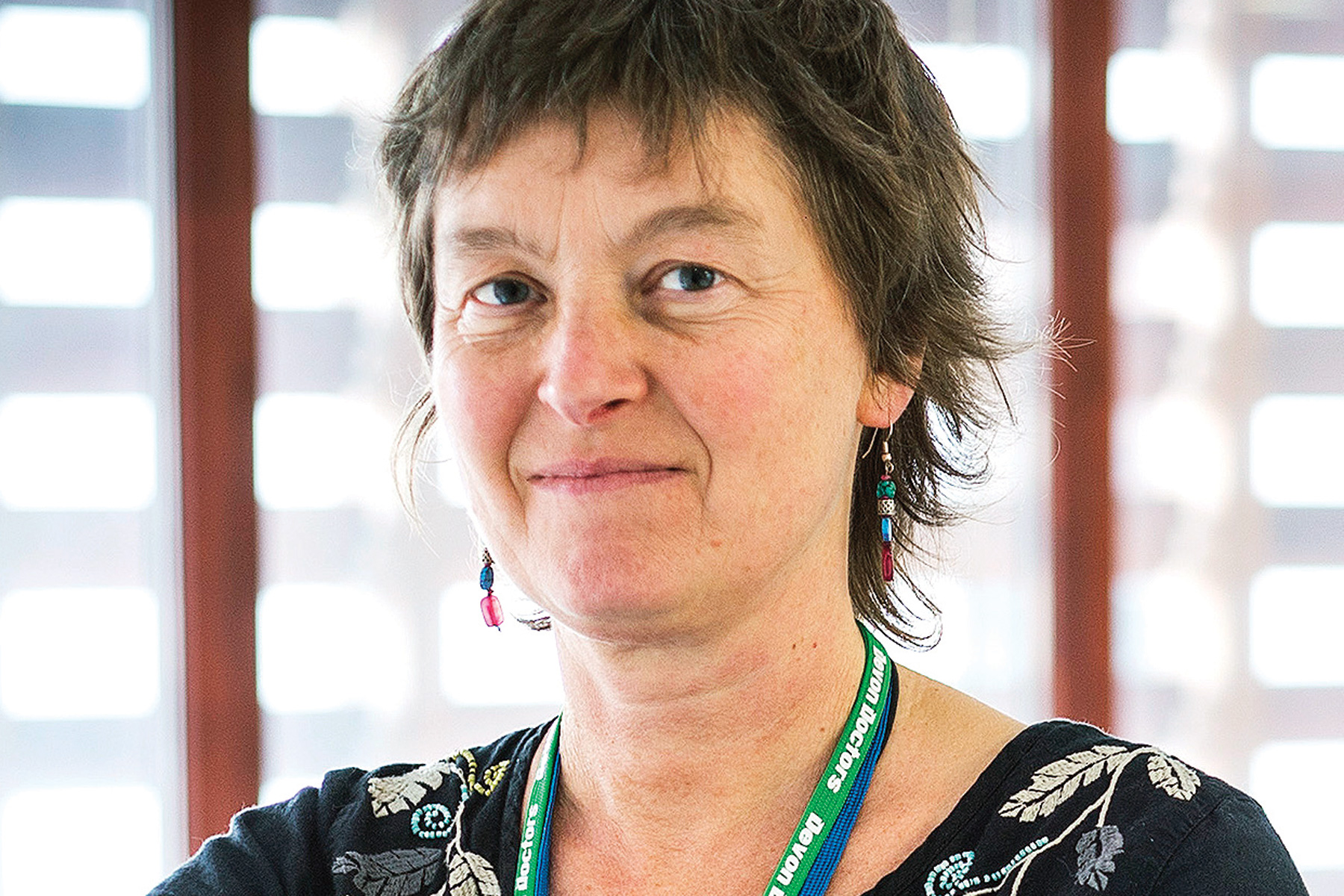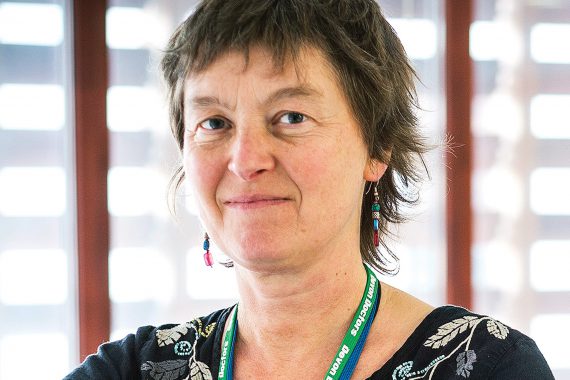Profile: Dr Pia Martinus

Dr Pia Martinus
Role GP at a homeless hostel, appraiser, yoga instructor
Location Plymouth
Hours worked at the hostel One morning a week at the homeless hostel, in an outreach service commissioned by NHS England
08.50
I arrive at the hostel in the red-light district of Plymouth and am given a list of residents who have asked to see a doctor. There can be up to 18 people (all staying at the hostel), but today there are seven.
09.15
My room is small and clean, with no decorations apart from an origami bird I was given by a resident. It’s like working out of a village hall, with a few facilities to take blood pressure or a urine sample, and drug testing kits donated by the local drugs worker, but that’s it. There’s no nurse or HCA, or even a receptionist so once I have got the computer running, I book patients in.
My first patient is a 21-year-old man. The majority of patients are men, with mental health problems or addiction. He is no exception. He tells me how his drug problems started when he witnessed his dad being murdered. He has had issues with anger, anxiety and thought disorder over the years, but has never seen psychiatric services. I ask him what substances he uses. I rarely need to ask about smoking. It is very unusual for any of my patients to be non-smokers.
When I refer people to mental health services they are often rejected. Without specialist care, the main thing I can do is treat these people as human beings and be non-judgmental – most are used to negative experiences with authority, whether that be the police, prison services or other doctors. They are often self-medicating their mental health conditions with illegal drugs, so we try to treat pharmacologically instead.
10.45
I see a patient with a DVT. Many of my patients are addicted to heroin and get DVT from repeatedly injecting. Getting these patients to consult outside the hostel is very difficult. They feel judged, or forget, or get drunk, or can’t afford the bus fare – the hospital is out of town. So we often initiate treatment without investigations. The newer blood thinning agents are a plus, as getting patients to attend for regular INRs is tricky.
11.00
Another patient comes in with a heroin addiction. I have previously referred him to the drug advisory team, which has assessed and recommended opioid replacement therapy. I sign a blue script to prescribe methadone.
11.15
My next two patients have a chest infection and a urine infection respectively. These are common. I want to give one a urine dipstick test, but we’ve run out of strips as there is no one but me to restock. We are part of a network of GP surgeries so we encourage patients to go elsewhere for tests we can’t provide. But they often don’t like to do so because they feel they don’t fit in and they have to turn up on time, which isn’t always possible.
I see a patient who is a sex worker to finance her heroin habit. She is wondering if she might have an STD. I encourage her to attend the genitourinary medicine clinic. She is resistant, but an outreach STD clinic has just started up in the drop-in centre down the road, and she says she will go. My clinic is not constrained by appointment times. I speak to this patient for 40 minutes about her life, as we haven’t met before. She tells me her mother first injected her with heroin when she was 15 and pregnant. Her sister just died of a heroin overdose and she can’t go to the funeral because she is estranged from her family. They refuse to see her until she has come off drugs.
12.00
My next patient has a tendency to be violent, so I have a hostel worker sit in with me. On this occasion the patient seems calm and just wants me to look at one of his injection sites, which seems infected. I prescribe antibiotics and ask him to come back next week.
12.30
I leave the hostel and eat my sandwiches by the sea, to debrief myself. After lunch I work at a GP practice in a deprived area of Plymouth, and see one patient who has been through the homeless clinic and has just got his own place. He is still on methadone, which I initiated, and may stay on it for years. He has had no illegal drugs for several months and looks so much better – almost like a different person. This is a very satisfying aspect of the job for me.

















